Novum Organum (Bacon 1620)
BACON, Francis. 1620. Novum Organum; ou verdadeiras indicações acerca da interpretação da natureza. Tradução usada: José Aluysio Reis de Andrade. MÉTODO (uma dialética com lastro instrumental) Nosso método […] é tão fácil de ser apresentado quanto difícil de se aplicar. Consiste no estabelecer os graus de certeza, determinar o alcance exato dos sentidos e rejeitar, na maior parte dos casos, […]


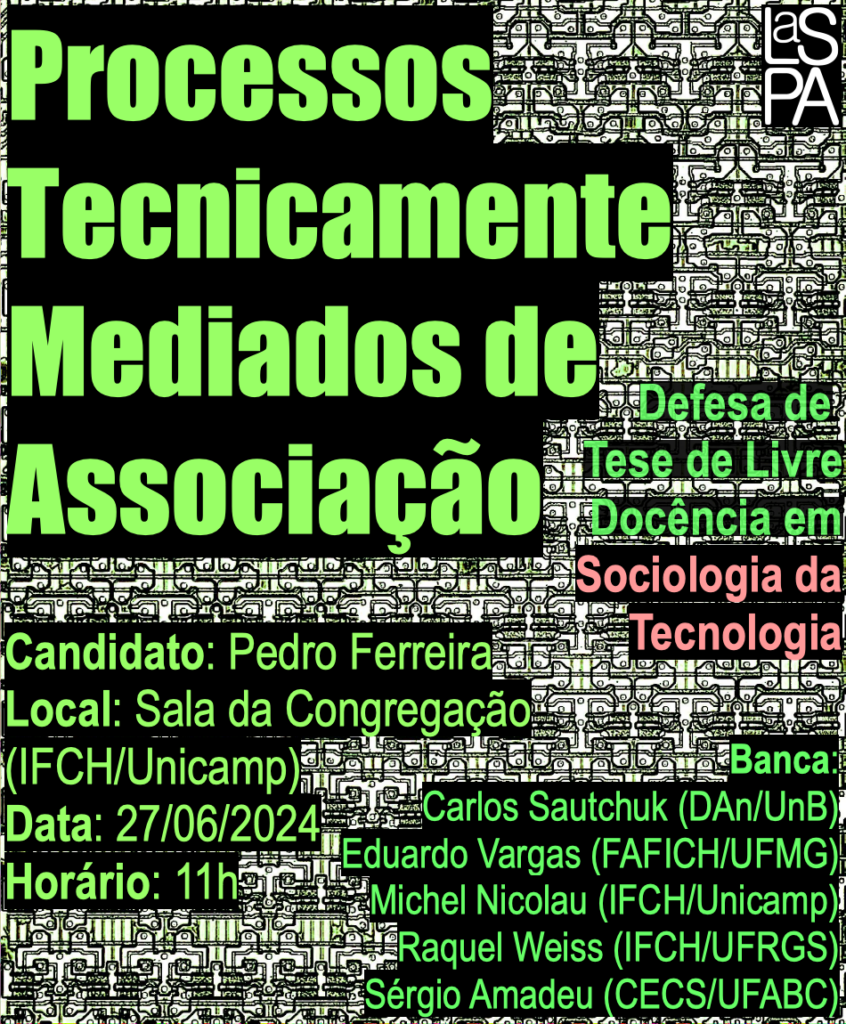

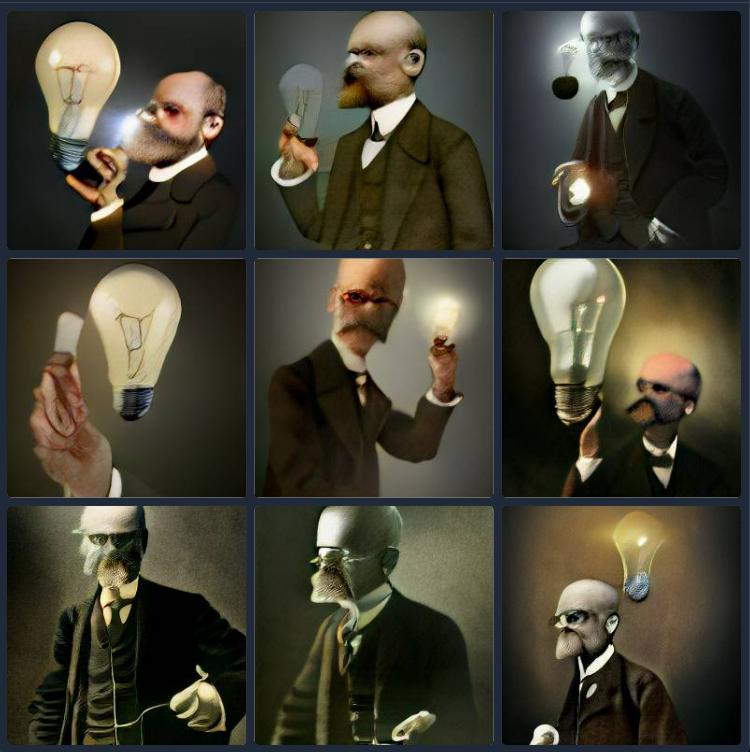
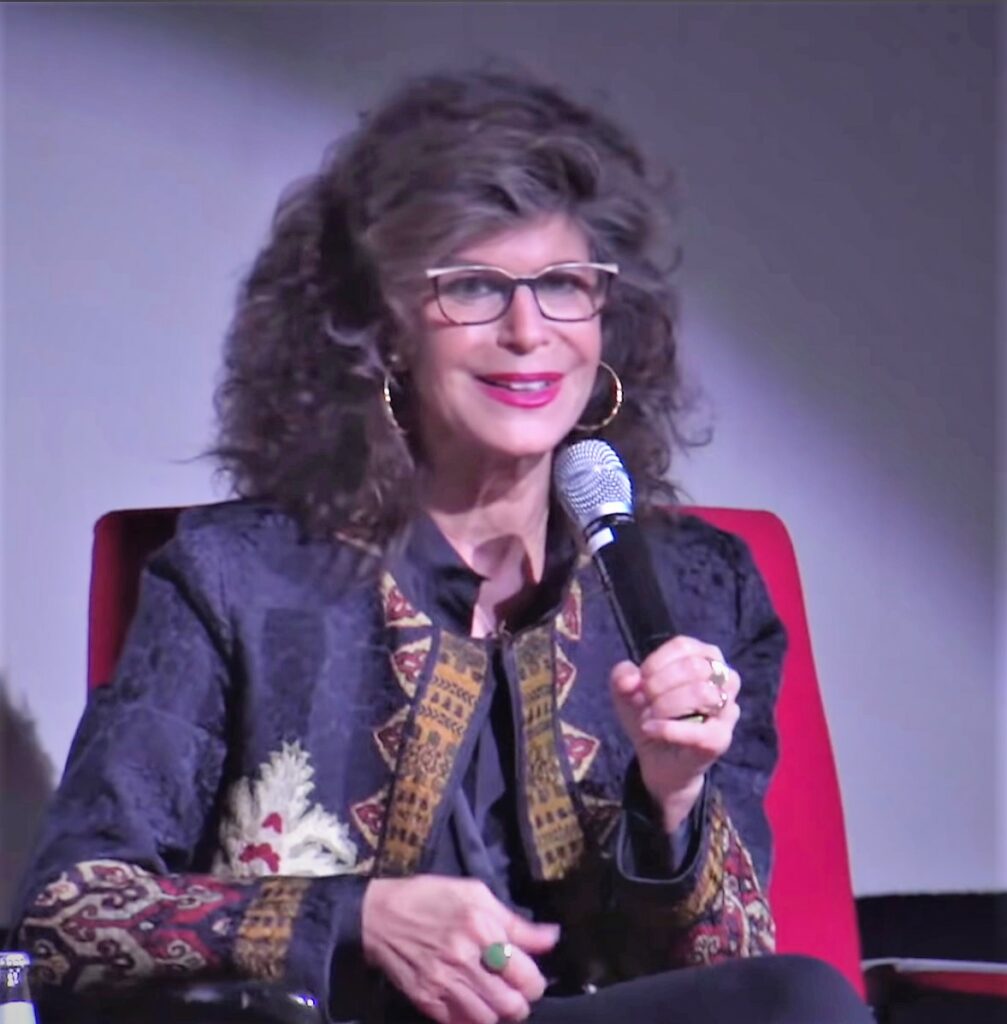

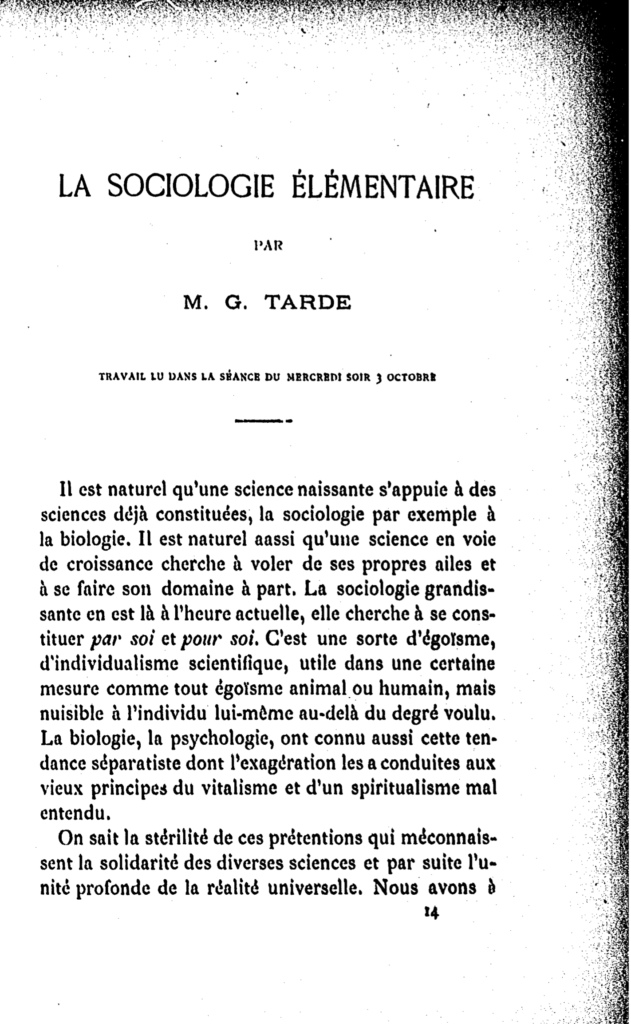
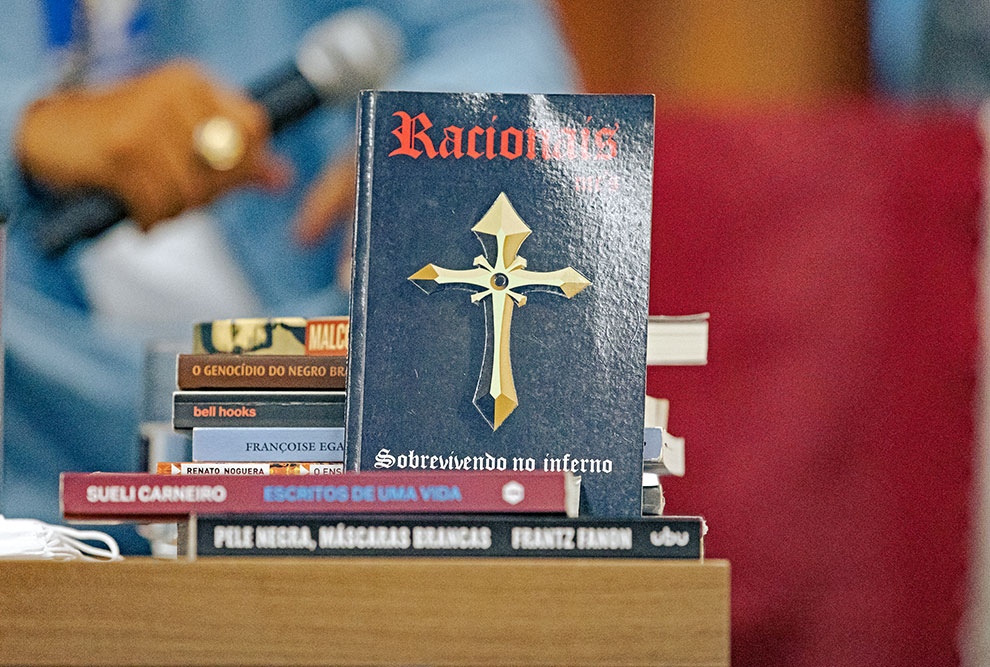
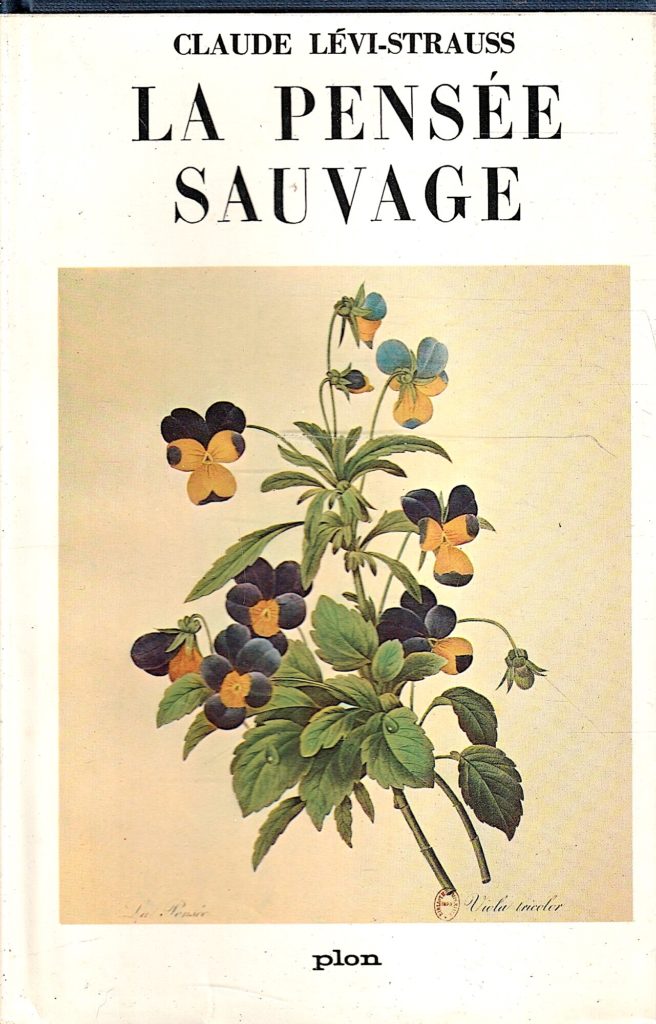
 LaSPA is located at the Institute of Philosophy and Human Sciences (
LaSPA is located at the Institute of Philosophy and Human Sciences (